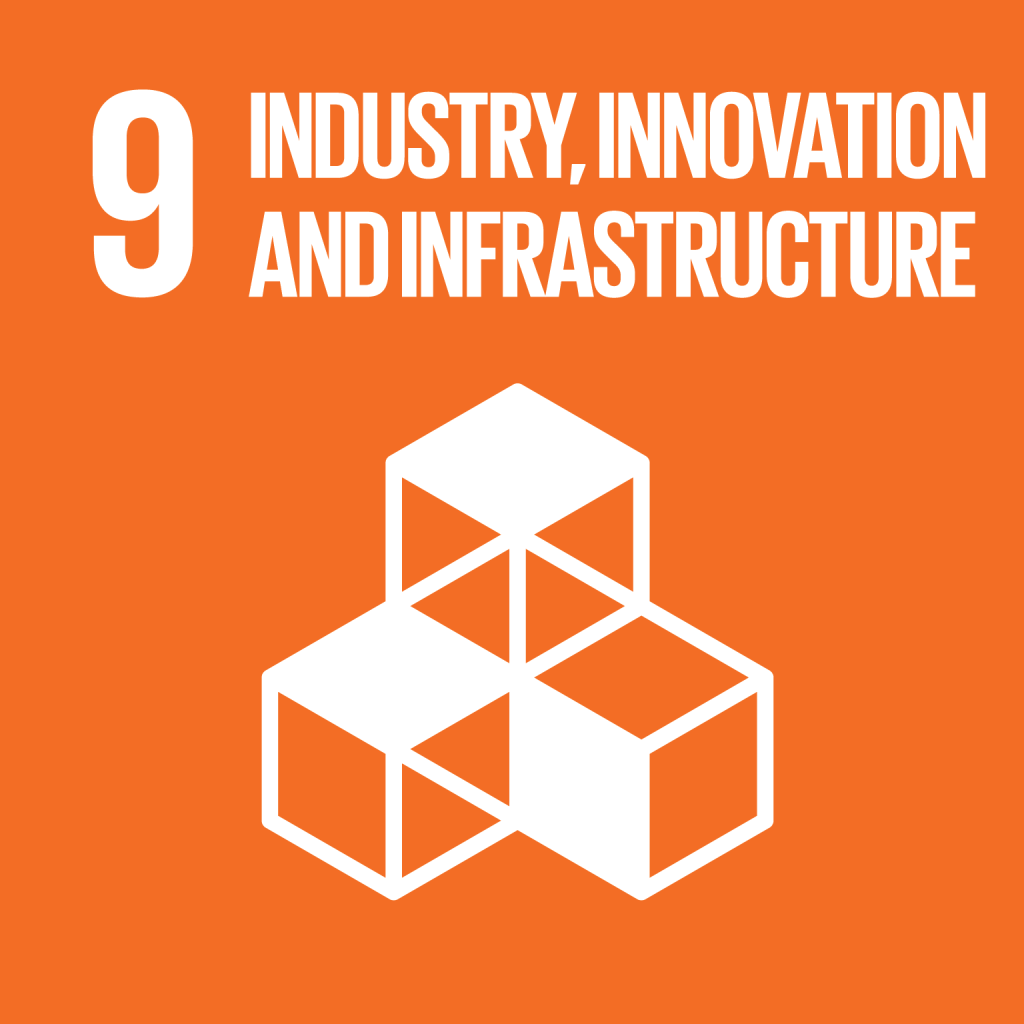
Sustainability
Sustainable sludge treatment systems for closed fish farming
Blue Ocean Technologys design, produce and supply compact, highly energy efficient sludge treatment systems for aquaculture. For use on land - or at sea.
Aquaculture can help to provide nutritious food for a growing global population. Large-scale growth of the aquaculture industry must, however, also be sustainable.
Land-based closed containment aquaculture offers one solution, but these facilities produce a large volume of flushing water, faeces and waste feed that must be treated.
Flushing water typically contains 0.1-0.5 per cent solids content, which needs to be concentrated into sludge. Thermal drying of sludge is energy intensive, using around 0.9 kWh to evaporate one litre of water per hour.
Energy-efficient treatment of aquaculture sludge
Blue Ocean Technology’s sludge drying systems produce sludge with high, adjustable solids content. The systems use recycled heat to dry the sludge, reducing energy consumption from 0.9 to 0.45 kWh per litre of water per hour.
Blue Ocean Technology also offers an optional pyrolysis system, which uses excess heat to dry the sludge and produces biochar and pyrolysis oil as by-products.
The company’s systems can be adapted to fit into existing space at a fish farming facility or delivered as a compact plug and play solution built into a 20-foot insulated ISO container.
The containerised systems are easy to scale and move, and can treat sludge from up to 5 000 metric tons of feed annually, using 2–3 kWh a year to produce sludge with high, adjustable solids content.
Concrete benefits
Blue Ocean Technology’s systems significantly reduce sludge treatment costs by cutting energy consumption. They also reduce the amount of sludge to be transported, thereby reducing fuel consumption and transport emissions.
Moreover, the company’s systems promote a circular economy by extracting heavy metals and nutrients from waste feed and faeces for recycling and reuse.
In addition, the company’s systems use sustainably certified absorbents and flocculants, as well as a filter that makes the sludge virtually odourless.
Market potential
Currently, 17 per cent of the protein consumed worldwide comes from the ocean, a figure expected to rise to 40 per cent by 2050. In 2018 in Norway alone, there were some 200 land-based fish farming sites producing predominately smolt and post-smolt.
There are a large number of such sites worldwide in countries such as Australia, Canada, Chile, Faroe Islands, New Zealand, Russia and the UK.
Our Sustainability Goals


Responsible consumption and production

